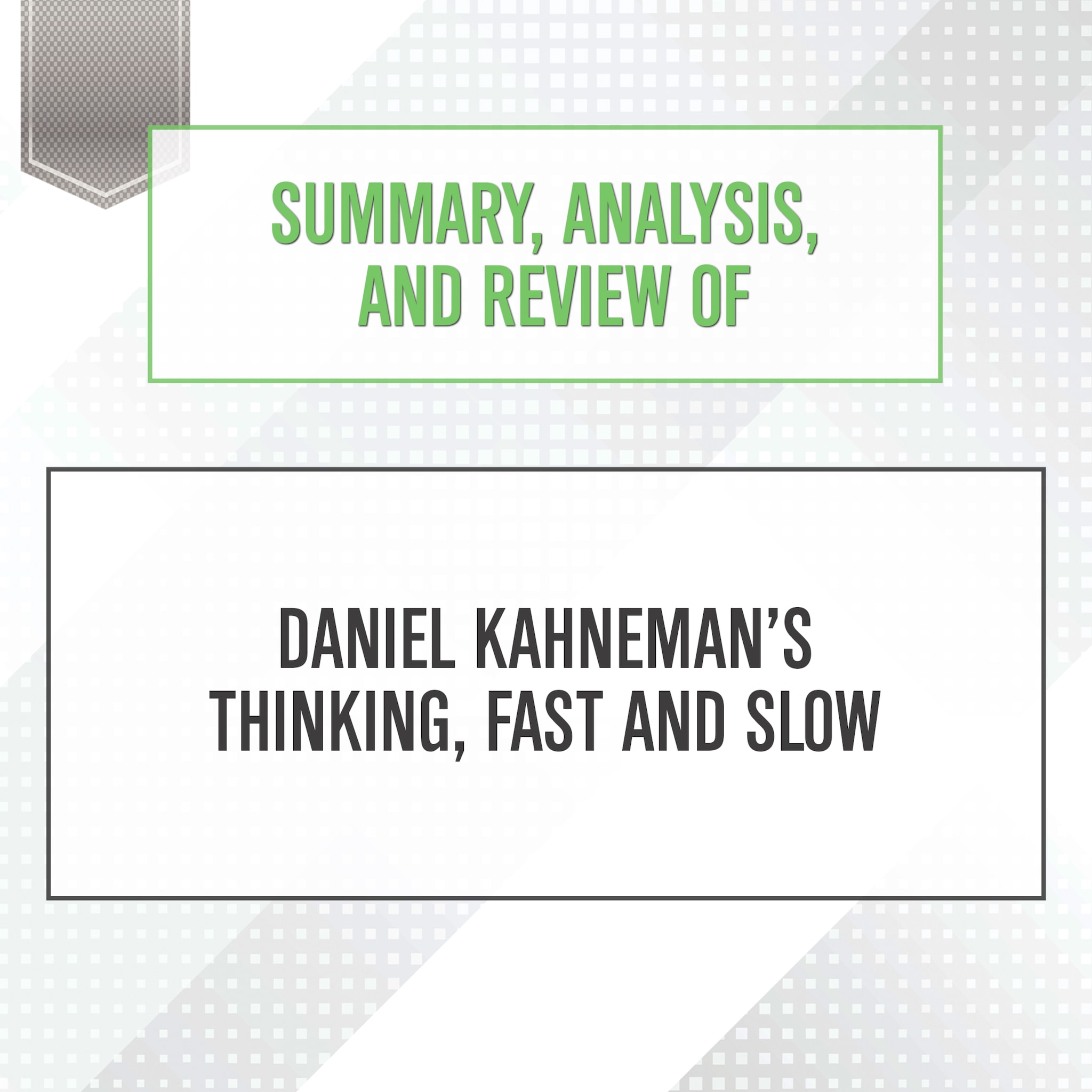


This tension about the nature of the field, and about the nature of evidence needed for journal publication, may be partially responsible for behavioral decision research developing more in professional schools than in psychology departments in recent years.

But for the past 35 years, one ongoing criticism of the behavioral decision research field, particularly the work focusing on heuristics and biases, is that it doesn’t offer enough detail about the psychological mechanisms underlying the fascinating effects it documents. And Danny has been recognized with the Nobel Prize in Economics, among many other well-deserved awards. Behavioral decision research has diffused to other academic areas faster than any topic in the history of psychology. The field of behavioral decision research has proven to be remarkably robust, demonstrating effects that have had profound influences on economics, finance, marketing, medicine, law, and negotiation, among other applied fields. The third book would offer a set of snapshots of Danny’s personal journey. A second book would provide a contemporary history of the field through the eyes of its leading scholar. One book would describe the broad psychology underlying the judgment and decision-making field. Yet despite having followed Danny’s work quite closely, I feel TFS is a much more complex book than I anticipated: It provides an integrated tale that could easily have been broken down into three different books. I have followed Danny’s work closely since my days as a graduate student, have discussed many issues about the field with him, and even had the opportunity to co-teach a decision-making course with him to executives at a major corporation.

Instead, TFS provides an assessment and integration that goes far beyond these early, comparatively simple questions. In accepting an invitation to review Thinking, Fast and Slow ( TFS) by Daniel (Danny) Kahneman, I anticipated getting a comprehensive and clear response to these decades-old questions. Do cognitive biases show up in people other than college sophomores? Do people make decision mistakes outside the lab, when real incentives are on the line? Are smart people immune from bias? Are these biases really mistakes? Does experience eliminate biases?Īs a card-carrying member of the biases-and-heuristics crowd of the behavioral decision research field, these are the questions I have continually been asked over the years, despite my belief that they were answered conclusively long ago.


 0 kommentar(er)
0 kommentar(er)
